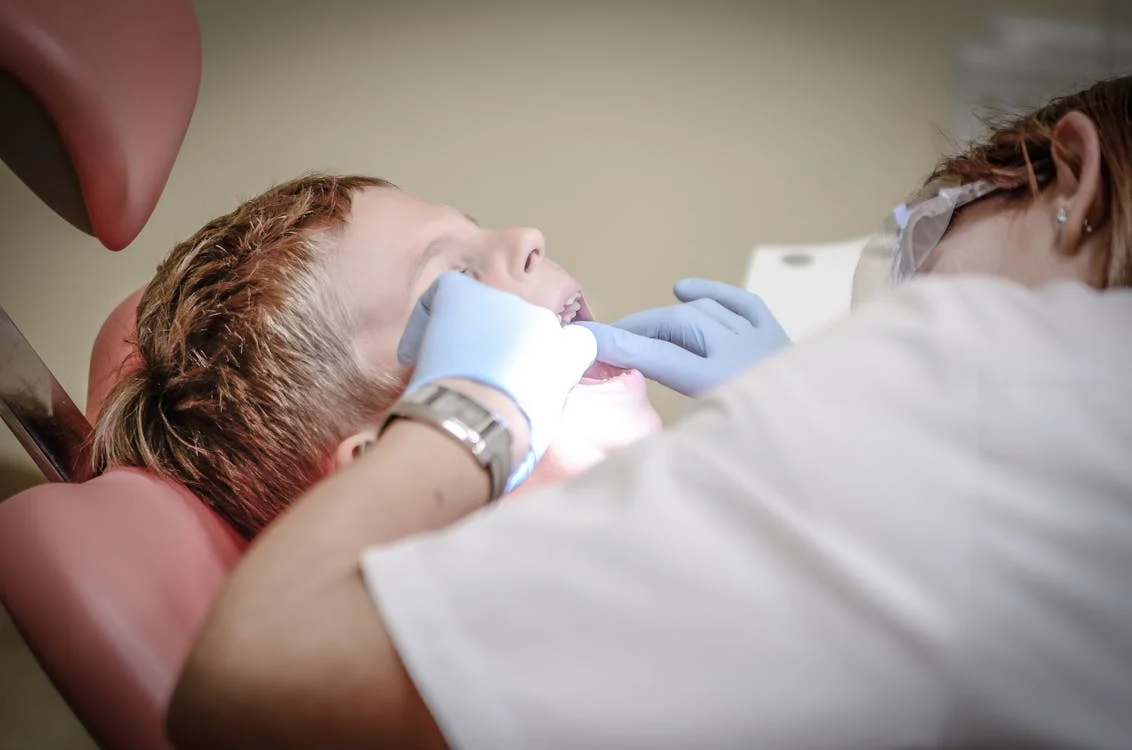Federal Health Minister Mark Holland announced a national ad campaign today to raise awareness about the Canadian Dental Care Plan (CDCP). Speaking at the University of Toronto, Holland highlighted the program’s growing participation, with over 650,000 Canadians accessing dental services and more than 80 percent of dental providers now on board. The campaign aims to reach vulnerable groups and ensure more Canadians are informed about their eligibility for dental care coverage.
Holland emphasized the significance of the CDCP, noting that over 650,000 Canadians have already accessed dental services through the program since its inception. “We want to make sure that everyone who qualifies knows about this program,” Holland said. “Oral health is integral to overall health, and this plan ensures that Canadians no longer have to choose between getting dental care and meeting other essential needs.”
Holland revealed that more than 80 percent of dental providers across Canada are now participating in the CDCP, marking a significant increase from earlier this summer when fewer than half of the providers were registered. “We’ve seen a remarkable surge in the number of dentists, hygienists, and denturists who are on board,” Holland said. “For instance, Manitoba, which had one of the lowest participation rates, has now matched Quebec at 84 percent.”
This news comes just a month after Holland shared a 75 percent participation rate, showing the program’s growing momentum. The minister highlighted that while challenges remain, the federal government remains committed to ensuring full participation from dental professionals nationwide.
Earlier this year, the CDCP faced criticism from various dental associations, which pointed to flaws in the program’s design, particularly its registration process and reimbursement structure. However, Holland acknowledged these concerns and announced measures to simplify the process and encourage further participation. In November, the government will roll out paper-based forms to supplement the existing digital system, making it easier for dental offices that face technical difficulties to participate.
The new system will also be designed in consultation with dental professionals to ensure it meets the needs of both providers and patients. “It’s about making the program as user-friendly as possible,” Holland said, adding that simplifying administrative processes could also serve as a model for reducing red tape in private insurance systems.
Despite the progress made, Holland stressed that there is still work to be done to ensure all Canadians, particularly vulnerable groups, are accessing the care they need. “We’ve seen fantastic uptake among seniors, but we need to do more for 18-year-olds and persons with disabilities,” he stated. The new ad campaign is expected to target these demographics, with messages designed to resonate with younger Canadians and those who may not be aware that they qualify for coverage.
“We’ve met people in rural communities who have had the same set of dentures for decades because they didn’t know they could get them replaced,” Holland shared, citing a recent visit to Newfoundland where residents expressed gratitude for the program. “The sense of awe and joy when they realize they can get new dentures without the financial burden is incredible.”
The campaign will run across multiple platforms, including television, radio, and social media, and will aim to reach Canadians in both urban and rural areas. It will also include testimonials from those who have benefited from the program, illustrating the real-world impact of the CDCP.
The ad campaign is part of the federal government’s broader strategy to expand the CDCP. In the coming months, the program is set to roll out additional cohorts, targeting specific population groups that have yet to fully benefit from the plan. More information on these upcoming expansions is expected to be announced in the near future.
As the federal government continues to refine and expand the CDCP, it remains to be seen how the new ad campaign will impact public participation. However, with over 600,000 Canadians already benefiting from the program and a growing number of dental professionals joining, the CDCP appears to be on track to meet its goals of improving access to dental care for all.

